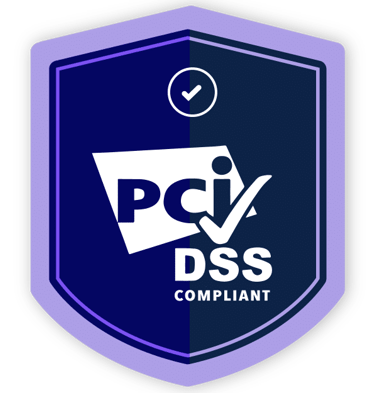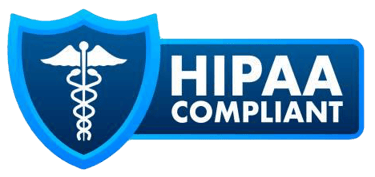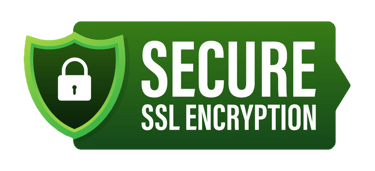Role of the Clinical Manager in Ensuring Care Quality and Compliance
Discover how Clinical Managers in home health ensure care quality, regulatory compliance, and staff performance to improve patient outcomes.


In home health and hospice care, the Clinical Manager plays one of the most critical roles in ensuring that patients receive safe, high-quality care while the agency remains fully compliant with regulatory requirements. Far beyond scheduling or staff oversight, this role is central to quality assurance, survey readiness, and operational success.
At HealthBridge Consulting, we support Clinical Managers and agencies by providing consulting, resources, and intellectual property designed to strengthen compliance and improve care delivery.
CMS Conditions of Participation and the Clinical Manager
Under the Medicare Conditions of Participation (CoPs)—specifically 42 CFR §484.105 (Home Health) and §418.56 (Hospice)—agencies are required to designate a Clinical Manager (or Director of Patient Care Services). This individual must:
Oversee clinical operations
Ensure services are delivered according to the plan of care
Supervise staff and contract clinicians
Coordinate care across the interdisciplinary team
Ensure compliance with state and federal regulations
Surveyors view the Clinical Manager as the agency’s point person for care quality and compliance. A strong Clinical Manager can mean the difference between a deficiency-free survey and costly corrective actions.
Key Responsibilities of the Clinical Manager
1. Oversight of Care Quality
The Clinical Manager ensures that every patient receives care consistent with the physician-ordered plan of care (POC). This includes:
Reviewing assessments and care plans for accuracy and timeliness
Monitoring documentation to ensure skilled need and medical necessity are demonstrated
Conducting chart reviews and case conferences to identify gaps in care
Evaluating patient outcomes to ensure progress toward goals
2. Staff Supervision and Education
Clinical Managers provide leadership to nurses, therapists, aides, and other team members. Duties include:
Assigning cases based on staff competency and patient needs
Ensuring staff are trained on policies, procedures, and regulatory updates
Conducting performance evaluations and field supervision
Offering ongoing education to reinforce compliance and best practices
3. Regulatory Compliance
Compliance oversight is a cornerstone of the role. Clinical Managers:
Verify adherence to the Conditions of Participation (CoPs)
Ensure timely and accurate OASIS/assessment completion in home health
Confirm care plans are updated and recertifications completed on time
Implement infection control policies and other mandated safety protocols
4. Interdisciplinary Coordination
Home health and hospice require close collaboration among nurses, therapists, social workers, aides, and physicians. The Clinical Manager:
Leads interdisciplinary team (IDT) or case conference meetings
Coordinates updates between staff, physicians, and caregivers
Ensures communication with patients and families is clear and documented
5. Survey Readiness and Quality Assurance
Clinical Managers prepare agencies for state and federal surveys by:
Conducting internal audits to identify deficiencies
Implementing Quality Assurance and Performance Improvement (QAPI) processes
Ensuring emergency preparedness procedures are integrated into care delivery
Maintaining a culture of continuous compliance, not just last-minute preparation
Challenges Clinical Managers Face
Balancing administrative tasks with clinical oversight
Keeping staff accountable while maintaining morale
Staying current on evolving CMS regulations and state requirements
Ensuring documentation accuracy while under productivity pressures
Leading QAPI initiatives that go beyond “checking the box” to actually drive outcomes
Because the role is demanding, many agencies partner with consulting firms like HealthBridge Consulting to provide support, resources, and systems that help Clinical Managers succeed.
How HealthBridge Consulting Supports Clinical Managers
HealthBridge Consulting offers consulting and intellectual property solutions to empower Clinical Managers and agency leadership. We provide:
Policy and Procedure Development aligned with CMS CoPs
Mock Surveys and Compliance Audits to prepare for regulators
Training Programs for Clinical Managers and staff on documentation, care planning, and survey readiness
QAPI Tools and Templates to ensure meaningful quality improvement
Leadership Coaching to help Clinical Managers balance compliance oversight with clinical leadership
With HealthBridge Consulting, Clinical Managers gain the resources and confidence to lead their teams effectively and ensure both care quality and compliance.
Final Thoughts
The Clinical Manager is the backbone of compliance and care quality in home health and hospice. By overseeing staff, guiding care delivery, and ensuring adherence to regulations, this role directly impacts both patient outcomes and agency success.
If your agency needs support in strengthening clinical leadership, HealthBridge Consulting is here to help. Our consulting expertise and intellectual property resources provide Clinical Managers with the structure, training, and tools to succeed in today’s challenging healthcare environment.
Contact HealthBridge Consulting today to support your Clinical Manager and build a stronger, compliant, and patient-focused agency.







